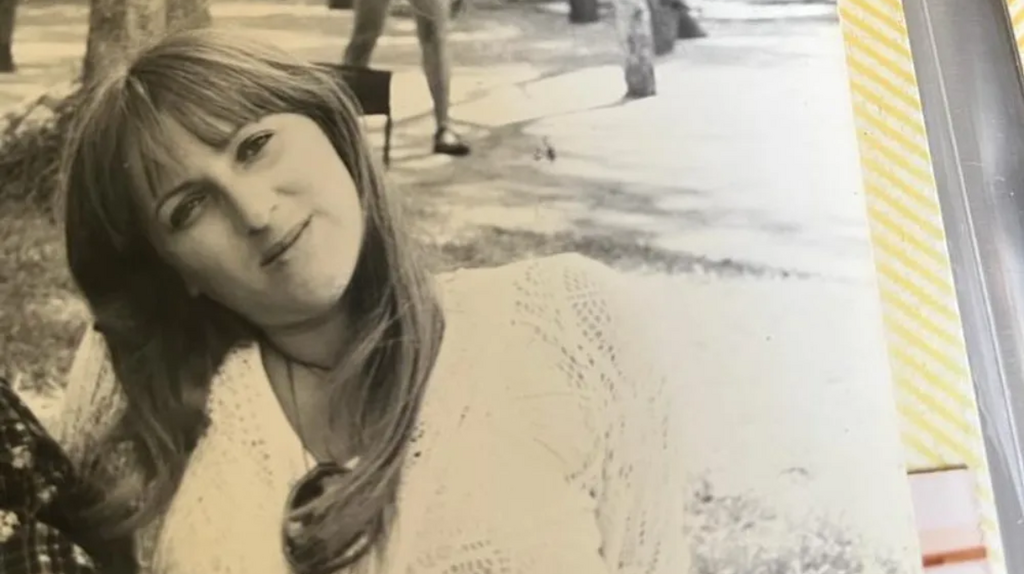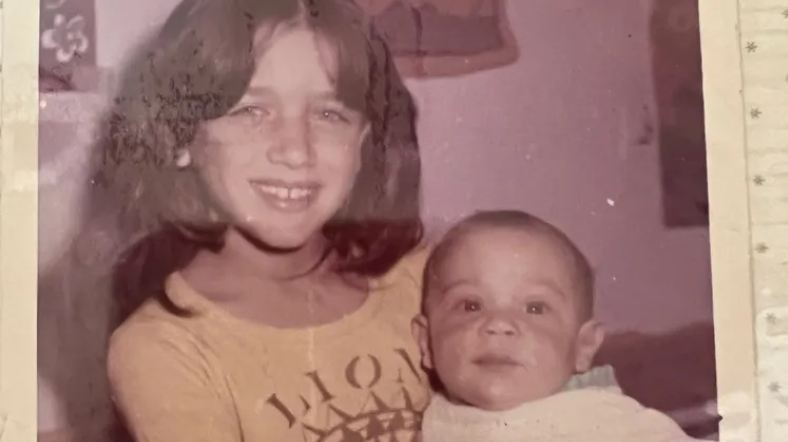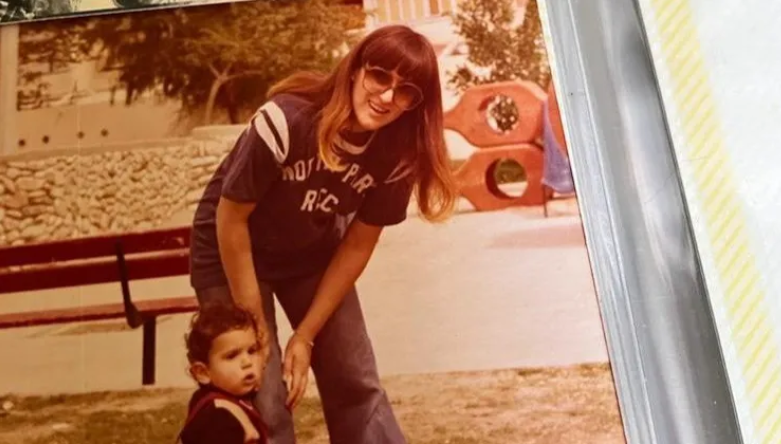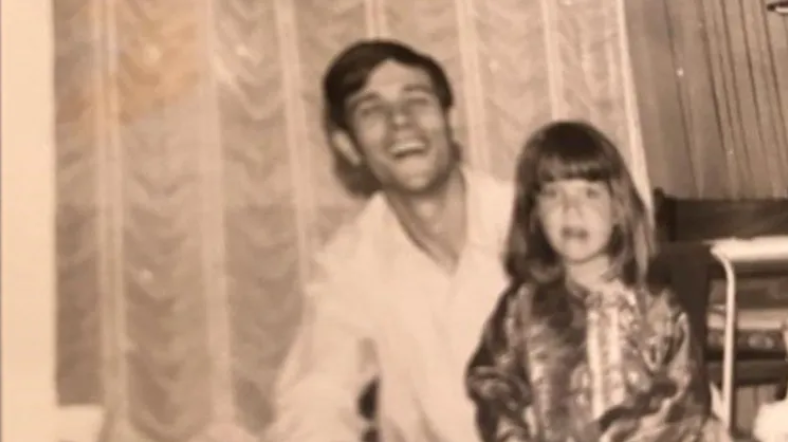Getting your Trinity Audio player ready...
A staunch Zionist since her early childhood in Casablanca, Huguette Elhadad Charbit immigrated to Israel clandestinely in 1965 at the age of 16. Her life has been inextricably linked to the development of the Jewish state, and she documented it in her memoir, My life, as the crow flies, written last year and only published privately. She agreed to share an excerpt with i24NEWS detailing the outbreak of the Yom Kippur War when she was a young mother living in Be'er Sheva.
More stories:
The summer of 1973 passed, and business — I believe — was quite prosperous at our concert café [musical establishment] in Be'er Sheva. We allowed ourselves a little break for the Jewish holidays in September and a complete pause for Yom Kippur.
We even invited Dody Bensoussan, Rapha's brother who served at the Hatzerim air base, to spend the day of the fast with us. Well, “fasting” is too big a word. We had, as usual, prepared a can of white beans in tomato sauce and so-called Strasbourg sausages, ignoring at the time the rubbish with which the food manufacturers stuffed their products. Miri dined with us in complete innocence. Nathanael, aged 5 months, was asleep in his cradle.
Thanks to a substantial contribution from my father, who had sold his restaurant in Casablanca, we bought the three-room apartment where we lived in the Vav district from the Amidar company. Our neighbors were mostly new immigrants from Arab countries, and they were particularly observant. After the men returned from the Kol Nidre prayer, dead silence reigned in the streets on this day of mourning for the Jewish people.
Bébert, Dody and I discussed politics until the middle of the night. After having reconstructed the world, everyone went to their room. Dody was sleeping in Miri's room, and I asked Miri to be a good girl the next day and take care of her brother — which she did admirably — allowing us to rest.
Around 9am, despite my profound drowsiness, a strange sensation invaded certain parts of my brain and triggered signals of discomfort.
It was only when Miri rushed into our room, shouting joyfully: "There’s war, there’s war!" that I realized that it was the rolling of cars and the slamming of doors that had penetrated my sleep, therefore disrupting twenty-four years of silent Yom Kippurs.
The war, later called the Yom Kippur War, officially broke out at 2pm, but the mobilization of soldiers had begun overnight. It surprised the men in the synagogues, politicians in Jerusalem, and our soldiers on the northern and southern borders of the country. This war was a real shock, destroying many myths of Israeli society: the invincibility of the IDF, the infallibility of the intelligence services, and the power of our leadership.
Bébert and Dody were mobilized at 2pm to the haunting sound of coded calls transmitted over the radio: “Shahar adom, shahar adom” [red dawn]. At the time, every soldier kept his uniform and gear at the top of their closet at home. It was the only sign of readiness of an army in panic. I was left alone with the two children, and with a terrible worry about the uncertain future.
Starting on the first evening, a curfew was instituted in every city. The sirens rushed us toward unsanitary shelters that no one had prepared in the event of war. Very quickly, I was entrusting Miri with impossible missions, while I crossed the dark city by candlelight to prepare kebab and hummus sandwiches for the infantrymen who were descending toward Sinai or ascending toward the Golan.
Zohar, my friend, courageously accompanied me. We had no choice, I had to pay the rent at the end of the month to a hot-tempered landlord who had refused to compromise. The restaurant, which had been created as a concert café, took on the typical role of a neighborhood canteen.
The news of a café opening in the middle of the night in Be'er Sheva quickly spread through the army ranks. Miri was responsible for the house, for her baby brother, for going down to the shelters with him during the incessant alarms, without forgetting his bottle. She was 7 years old.
I received news regularly from the northern front, where Bébert had been transferred as a gunner. He sent me letters in which he diligently noted his philosophical reflections. When he returned three months later on his first leave, he was no longer the same person.
WHERE ISRAEL STANDS NOW 50 YEARS ON - AMIR AVIVI
(ILTV)








